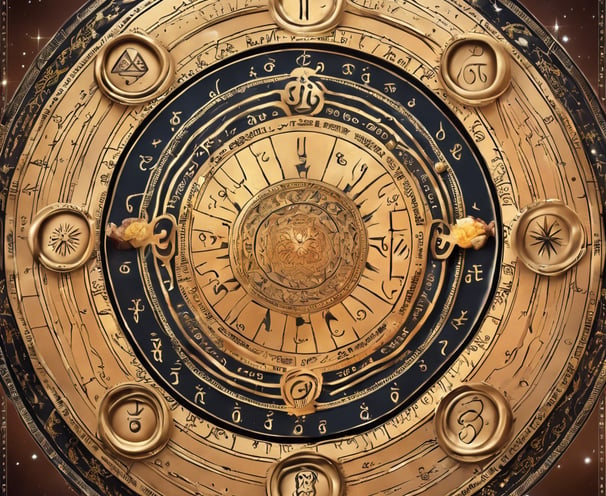Understanding Vedic Astrology
Explore the world of Vedic astrology and discover how it can provide personalized insights into your life. Dive into the ancient wisdom of the stars and unlock your true potential through soulful astrology readings, courses, manifestation techniques, and meditation sessions.
Astrology has intrigued humankind for millennia, with people seeking insights into their lives, personalities, and the universe through the movement of celestial bodies.
While Western astrology is widely known, Vedic astrology, or Jyotish—an ancient Indian system—is a powerful, time-tested form of astrology that offers a deeper understanding of one's life and destiny.
In this blog post, we’ll explore the fundamentals of Vedic astrology, its key components, and how it can be used to gain meaningful insights into various aspects of life.


What is Vedic Astrology?
Vedic astrology, also known as Jyotish (meaning "science of light"), is a traditional Hindu system of astrology that dates back over 5,000 years. Originating from the Vedas, which are the ancient sacred texts of India,
Vedic astrology is considered a divine science that reveals the karmic patterns influencing one’s life. Unlike Western astrology, which uses the tropical zodiac, Vedic astrology is based on the sidereal zodiac, which accounts for the fixed positions of the stars and the slow precession of the equinoxes.
The primary purpose of Vedic astrology is to provide a roadmap for life, guiding individuals on how to navigate challenges, maximize opportunities, and fulfill their destiny.
It encompasses various aspects, including predicting future events, understanding one's personality, assessing compatibility in relationships, and identifying auspicious times for important activities.


Key Differences between Vedic Astrology & Western Astrology
While Vedic and Western astrology share similarities, there are some significant differences:


Focus on the Moon:
In Vedic astrology, the Moon is given more importance than the Sun, as it represents the mind, emotions, and inner self. The Moon's sign at birth (Rashi) is often used to determine one's personality and life experiences.
Western astrology, however, places more emphasis on the Sun sign, which represents the core essence of a person.
Planetary Periods (Dasha System):
Zodiac System:
Vedic astrology uses the sidereal zodiac, which is based on the actual positions of the stars. This system accounts for the precession of the equinoxes, causing a shift of approximately 23 degrees between the tropical zodiac (used in Western astrology) and the sidereal zodiac.
Western astrology, on the other hand, relies on the tropical zodiac, which is based on the position of the Sun at the time of the vernal equinox. It does not consider the fixed positions of the stars.
Vedic astrology employs a unique system of planetary periods, known as the Dasha system, which provides insights into different phases of an individual's life based on the ruling planets. This system helps predict the timing of significant events.
Western astrology typically does not have a structured system for planetary periods, relying more on transits and progressions for predictive purposes.
Houses and Aspects:
In Vedic astrology, there are some differences in how houses and planetary aspects are interpreted, with Vedic astrology placing significant emphasis on Nakshatras (lunar mansions) and divisional charts for a more detailed analysis.
